Blog
Get the latest news and updates from medicalvalues on healthcare and AI-driven diagnostics topics.
Stay in touch
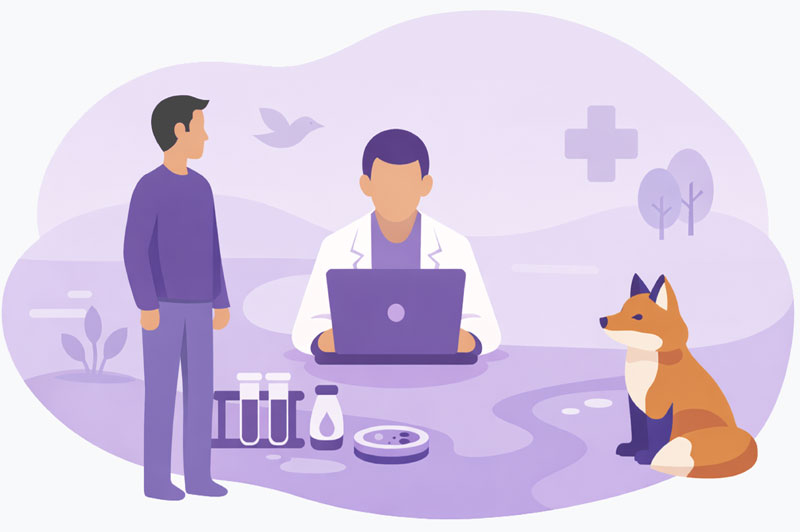
One Health Diagnostics: Connecting Environment, Animals, and Humans
Climate change, urbanisation, and globalisation are not only reshaping our environment — they are also changing disease patterns, exposures, and infection dynamics. The scientific and regulatory response is called One Health: health is no longer viewed in silos, but as the interplay between environment, animals, and humans.
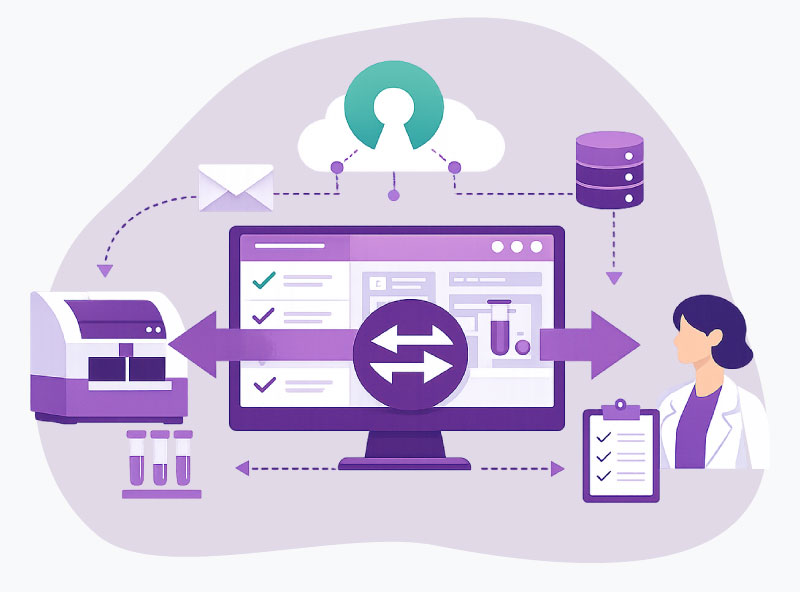
Open Source in the Laboratory: Why Specialized Middleware Makes All the Difference
The demands on modern laboratory IT are steadily increasing: devices are no longer expected to simply deliver measurement results, but to be fully integrated into digital workflows. Orders, status messages, and data must flow reliably—bidirectionally, in a standardized manner, and with full traceability. At the same time, laboratories are under pressure to design their IT landscapes to be both cost-effective and flexible.
Proprietary middleware solutions often promise easy integration, but in practice they create new dependencies and complexity. This is where open source comes in: offering transparency, flexibility, and the freedom to collaboratively develop solutions further.
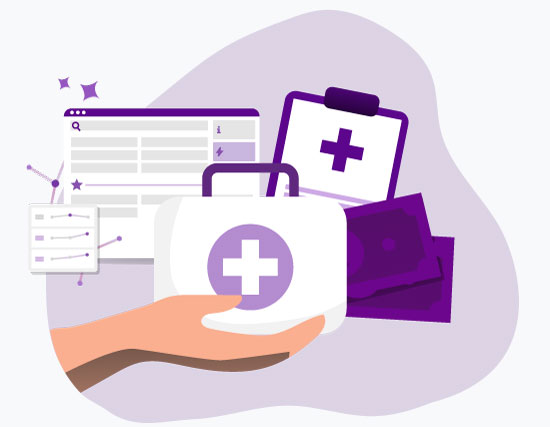
From funding to practice with medicalvalues: Transforming clinics. Connecting care. Rethinking diagnostics.
Increasing complexity, a shortage of skilled workers, growing regulatory requirements and fragmented supply structures make it clear that selective digitization is no longer sufficient. Structural changes are needed.
With funding of up to €50 billion until 2035, the Hospital Transformation Fund (KHTF) opens up the possibility for the first time to implement concentration, specialization, telemedicine, and cross-sector care in a targeted and strategic manner.
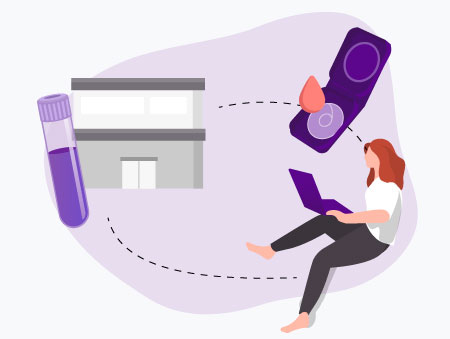
Health In Your Hands: The Direct-To-Consumer Laboratory Model
The trend is clear: More and more people want to take their health into their own hands – digitally, directly, and effortlessly. As demand for consumer-oriented laboratory diagnostics grows, the role of traditional laboratories is changing. Instead of operating exclusively through physicians or clinics by offering traditional in-lab services, laboratories are increasingly addressing end consumers directly – online, via home test kits, or through walk-in locations.
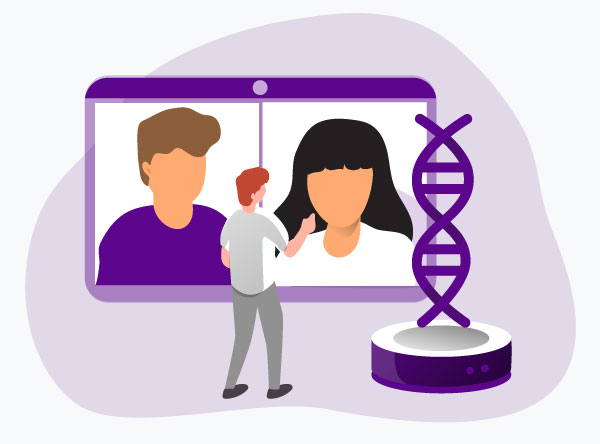
AI-OGC: Artificial Intelligence for Online Genetic Counseling
How can artificial intelligence support genetic counseling while simultaneously giving patients faster access to expert advice?
This question is at the core of AI-OGC (AI-based Online Genetic Counseling), a new cross-border research project jointly carried out by medicalvalues, the Center for Laboratory Medicine (ZLM) in St. Gallen, and Ravensburg-Weingarten University of Applied Sciences (RWU).
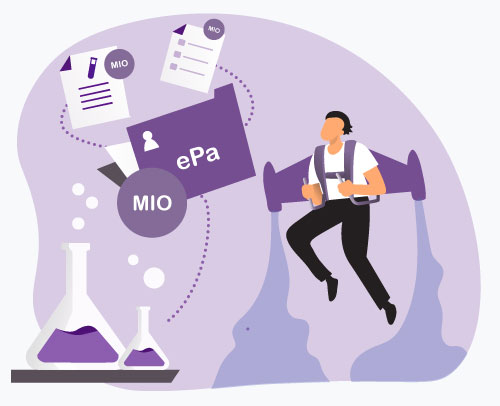
MIO lab report: Practical guide to MIO readiness with medicalvalues
Medical Information Objects (MIOs) define fundamental concepts as well as semantic and syntactic specifications for future digital information exchange in healthcare. The MIO Laboratory Report describes the future approach and structure of a standardized laboratory report within the electronic patient record (ePA). The implementation is the responsibility of the laboratories. medicalvalues supports you in achieving MIO readiness.
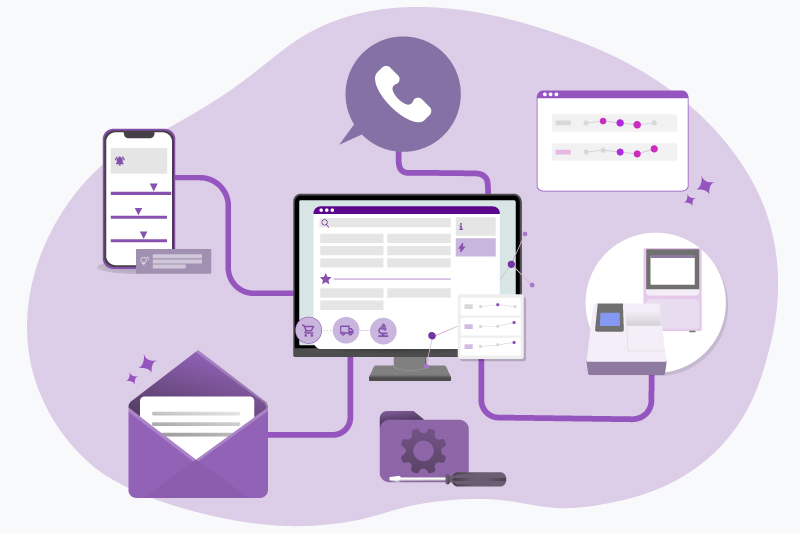
Omni-Channel Laboratory – Modern Integration Replacing Classic DFÜ
Modern omni-channel solutions centrally integrate traditional remote data transmission (DFÜ), order entry, and mobile channels – enabling consistent, efficient, and future-proof laboratory processes.
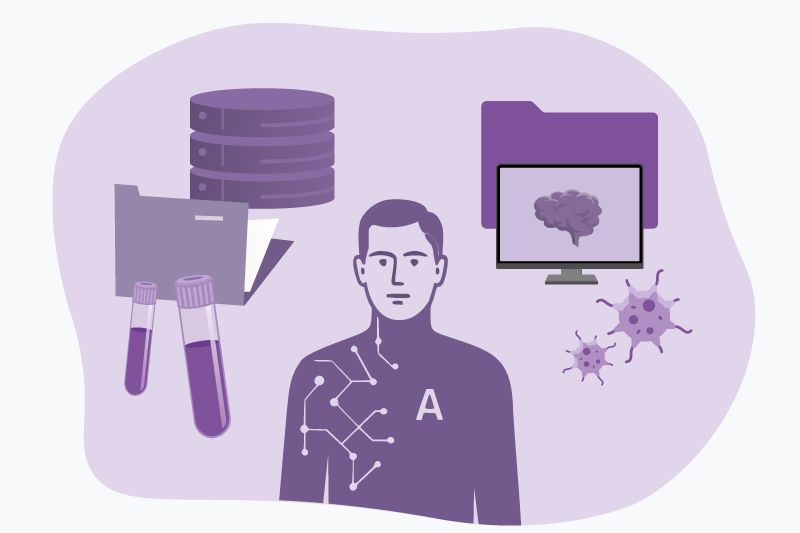
More Data for Anemia than for Cancer? Why AI Is Being Held Back Where It’s Needed Most
A sustainable healthcare system is not just about environmentally friendly hospital design or reducing plastic waste. Sustainability starts with diagnosis: The earlier and more precisely a disease is detected, the more efficiently resources can be used, unnecessary examinations can be avoided, and therapies can be optimized. This has economic, ecological, and social benefits.
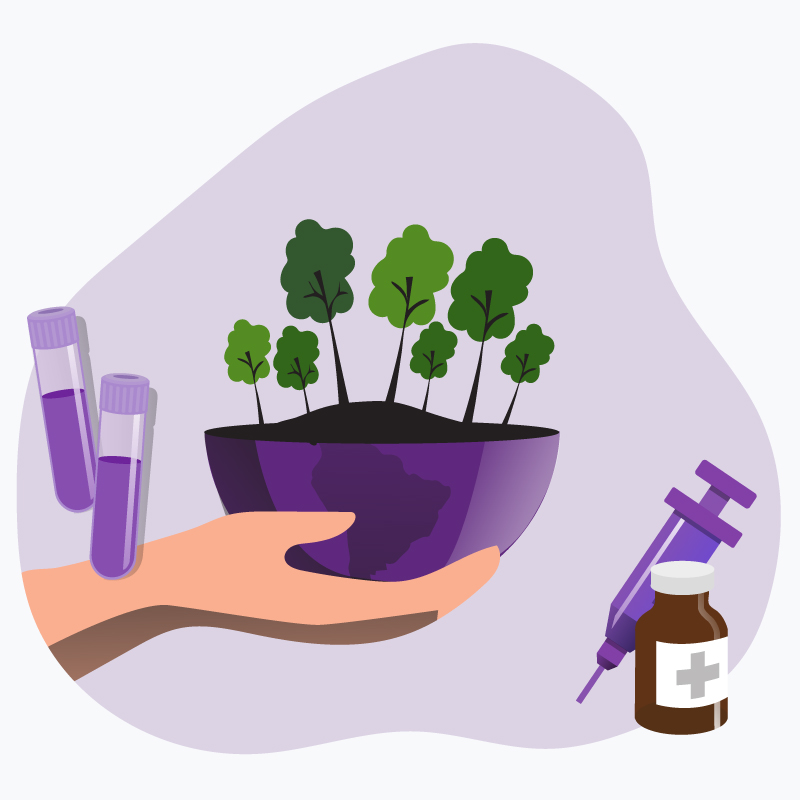
Sustainability in Healthcare: Why Early Diagnosis is Sustainable
A sustainable healthcare system is not just about environmentally friendly hospital design or reducing plastic waste. Sustainability starts with diagnosis: The earlier and more precisely a disease is detected, the more efficiently resources can be used, unnecessary examinations can be avoided, and therapies can be optimized. This has economic, ecological, and social benefits.

Family-Practitioner-Centered Care Made Easy: Better Care and Less Bureaucratic Effort Thanks to the Integration of the HÄVG Validation Module in the Order Entry System
The family-practitioner-centered care (HzV) model aims to improve healthcare quality through targeted patient management by general practitioners (GPs) as central points of contact. While the model offers numerous benefits, it also involves organizational and administrative burdens. Integrating the HÄVG validation module into medical software such as physician information systems (AIS) and Order Entry Systems can significantly alleviate these challenges.
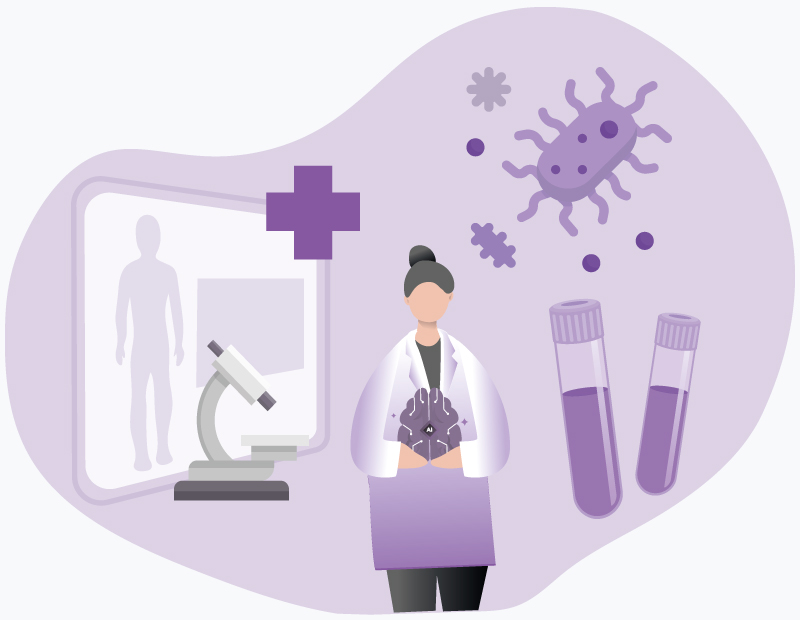
Microbiology: AI in the Fight Against Germs?
Swab, bottle, or tube—what type of sample, at what time, with or without medium, and in which transport container, cooled or not—the challenges of microbiological diagnostics for clinicians and laboratories are vast. Errors or delays can often be life-threatening.
Gain an overview of how Artificial Intelligence (AI) is already contributing to faster and more efficient microbiological diagnostics.
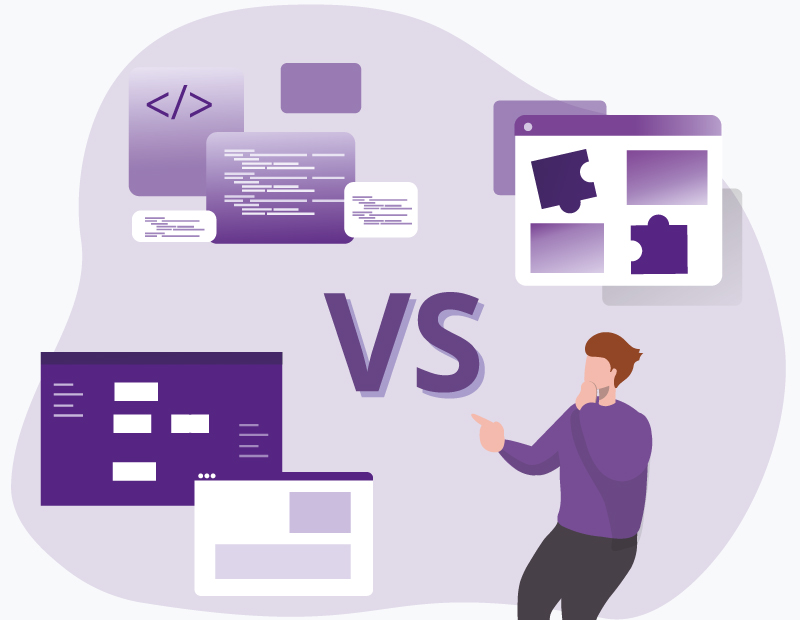
Off-the-Shelf or Custom Software – Which Option Makes Sense for Clinics and Laboratories?
The IT landscape in healthcare faces numerous challenges, including growing complexity, evolving processes, and the need for regional networking. These demands can only partially be met with existing (often outdated) software, creating a need for new, modern solutions. This raises a recurring question: Off-the-shelf, custom, or a middle ground – which IT strategy is worth pursuing and when?
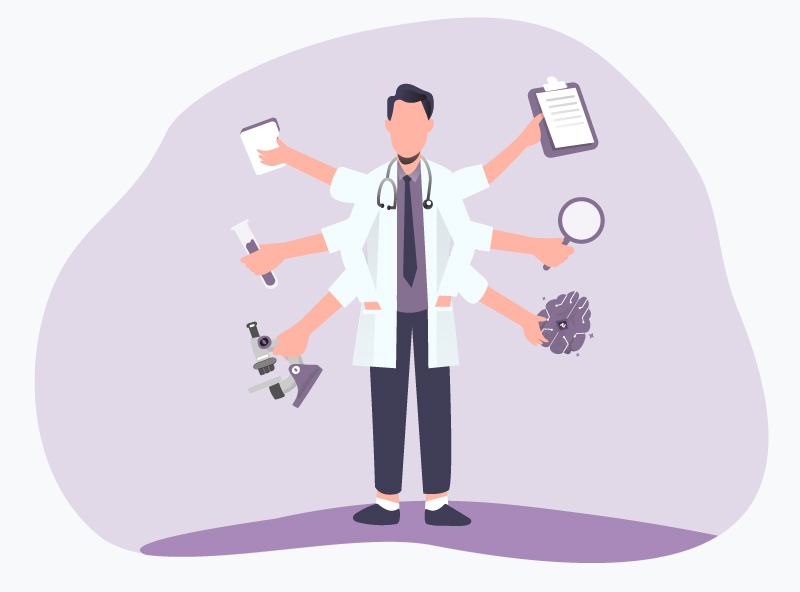
The Diagnostician: Dr. House as a New Career Model?
Have you ever watched those medical dramas where the heroes in white coats are handling lab work one minute and performing a CT scan the next? As a doctor, I always found this amusing, as in reality, you would need a laboratory physician for the former and a radiologist for the latter. Yet, recently, we’re hearing more and more about a new role – the “Diagnostician” – which seems to blend these fields. What does this entail, and does it make sense?
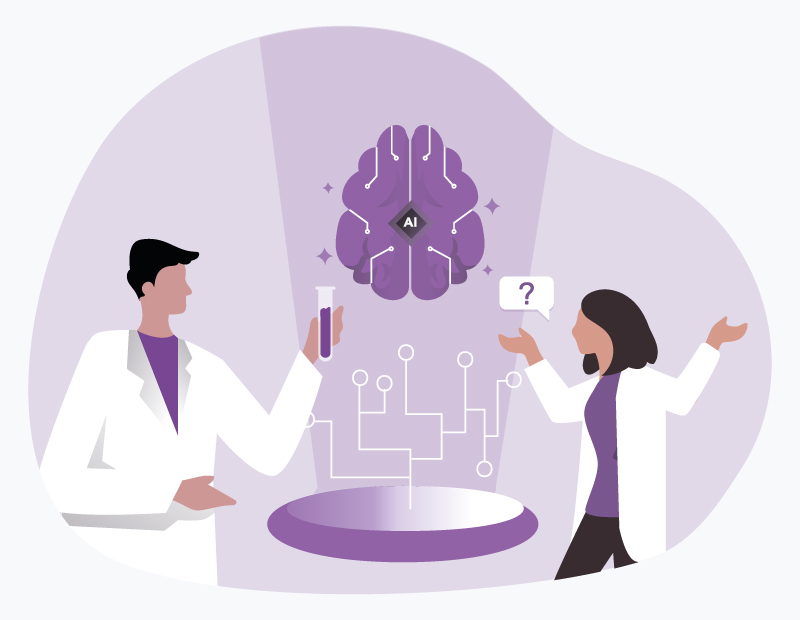
Artificial Intelligence in Medicine: Active Ingredients, Applications, and the Right Dosage?
Since the beginning of time, medicine has hoped for universal cures: Penicillin for all types of infections, Laudanum for pain and insomnia—and now, Large Language Models (LLM) like ChatGPT & Co? Doctors and patients have high expectations, but is this one AI “miracle drug” really the best solution for all medical questions?
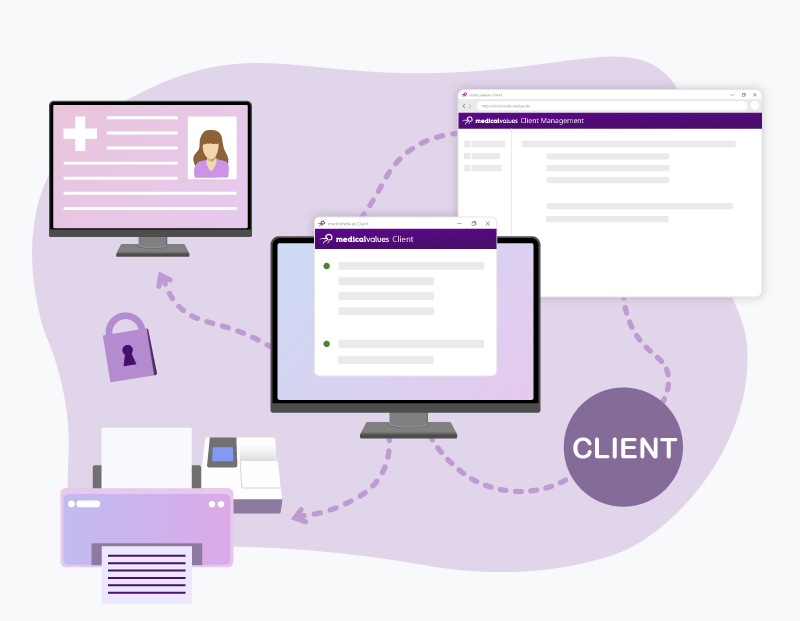
medicalvalues Client – Flexible. Efficient. Connected.
The collection and processing of medical data, as well as the networking of processes, systems, and healthcare providers, are integral components of the increasingly digitalized care process.
The medicalvalues Client offers a lightweight solution for intelligent data extraction and distribution for your practice and clinic systems, enabling seamless integration into existing infrastructures as well as centralized organization.
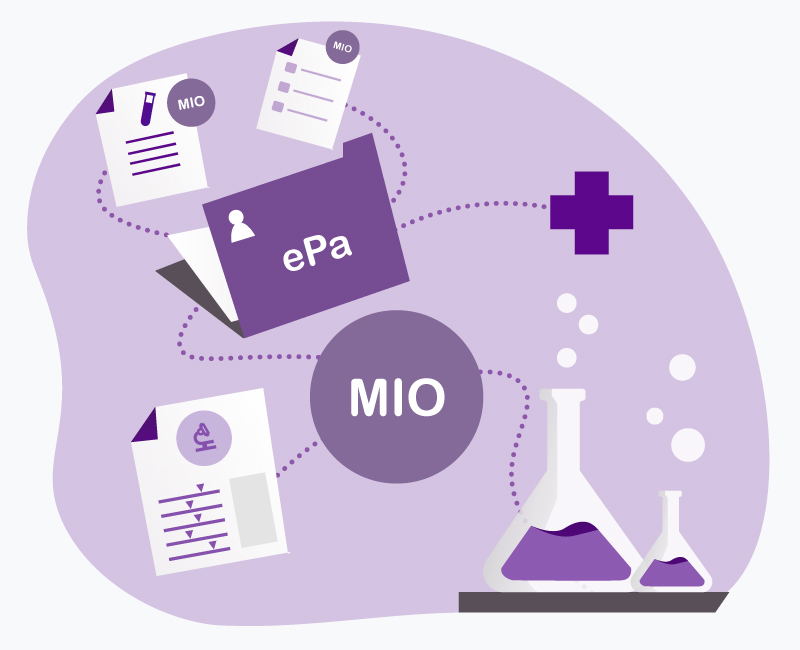
MIO Laboratory Report: The Future Path of Laboratory Results into the Electronic Health Record (EHR)
The mio42 GmbH, in collaboration with KBV, has taken on the responsibility for the specification and development of Medical Information Objects (MIOs) for the cross-system exchange of health and patient data. In the context of the MIO laboratory report, they outline the prospective mandatory path for a standardized laboratory report into the electronic health record (EHR), relying on industry standards such as FHIR and LOINC.
In recent months, the implementation of the MIO laboratory report has been further refined. The commenting phase is complete, and the introduction is expected in the second half of 2025.
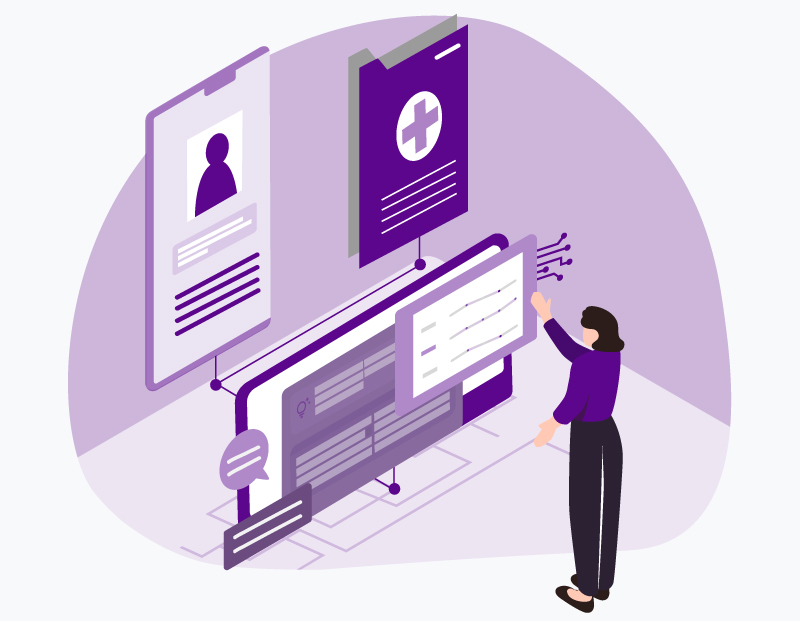
Personalized Ordering System for Complex Customers
Customers have access to a vast array of laboratory tests: depending on the lab, they can order from several hundred to thousands of different parameters. Particularly in complex cases and interdisciplinary specialties, the need for modern support solutions is apparent.
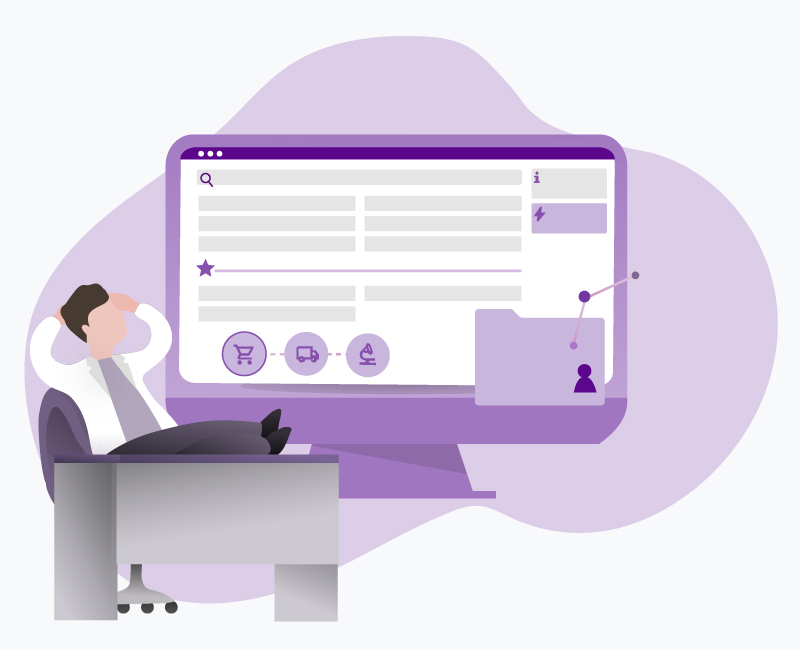
Simple Ordering System: 6 Strategies for Easy Onboarding
In an increasingly digitalized healthcare landscape, we strive to make digital ordering systems available to all customers.
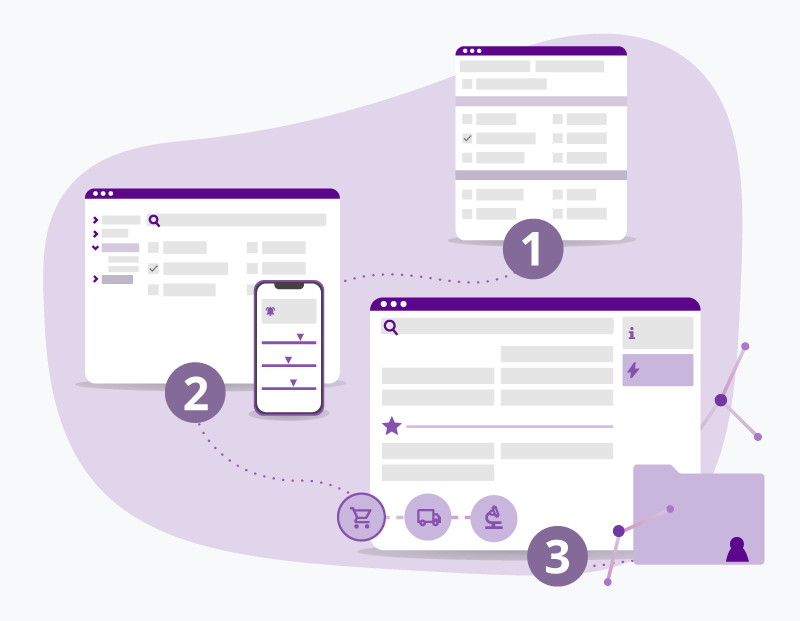
Next Generation Ordering System: The evolution of laboratory ordes and report view in three generations
Laboratories have long recognized the benefits of digital communication with their customers. Printed test catalogs and paper-based order forms with color-coded categories are increasingly becoming a thing of the past, gradually being replaced – or at least supplemented – by electronic ordering systems.
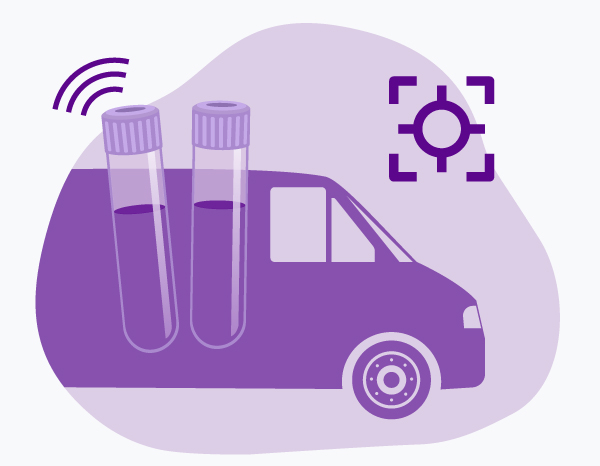
Track & Trace – quality improvement for medical pre-analysis
Modern laboratory diagnostics are very precise. Thanks to highly developed measurement technology and numerous control mechanisms (precision controls, interlaboratory tests, accreditation, etc.), serious measurement errors in the laboratory are virtually impossible. Faulty laboratory results are usually not caused by faulty laboratory analysis, but are due to (human) errors in pre-analysis. Sample tracking is a useful tool for minimising errors in the pre-analytical phase and improving the classification of any measurement inaccuracies.
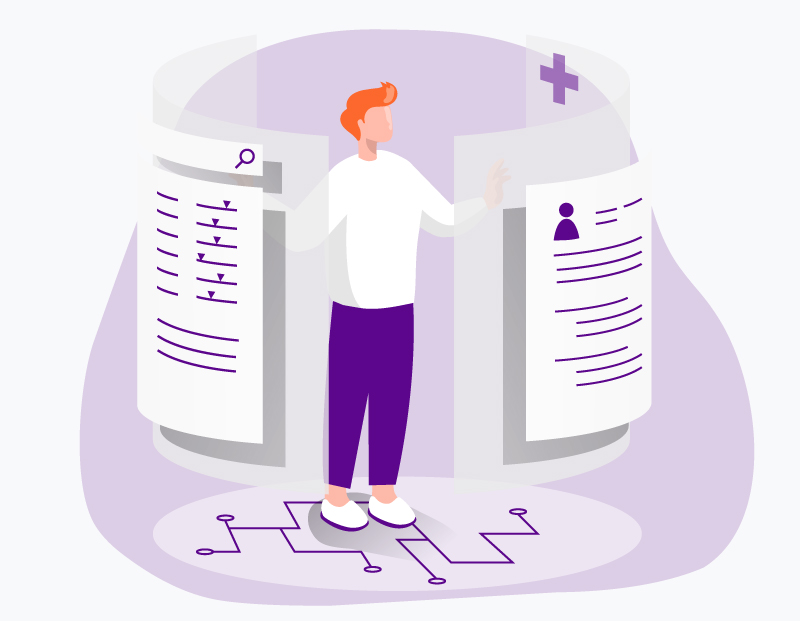
(Un)structured data in electronic patient records: From digital scan to medical information source
With the introduction of the mandatory e-prescription at the beginning of this year and the forthcoming mandatory electronic patient file in 2025, paper files in the healthcare system seem to be obsolete. However, despite advancing digitalization, the reality is different: Little to no systematized paper documents continue to pose major challenges for doctors this year. This underlines the importance to systematically digitize these documents with essential information.

